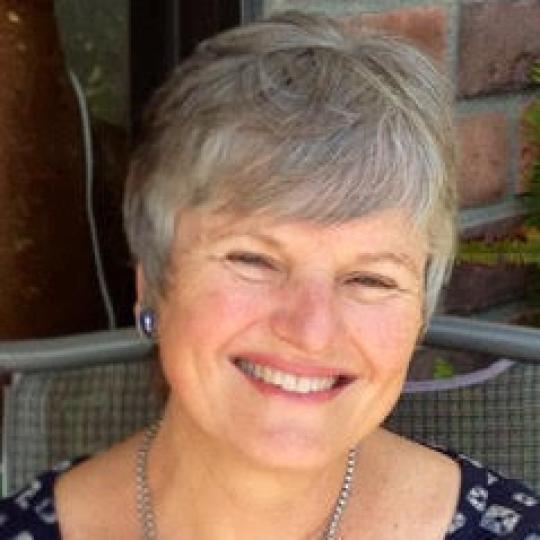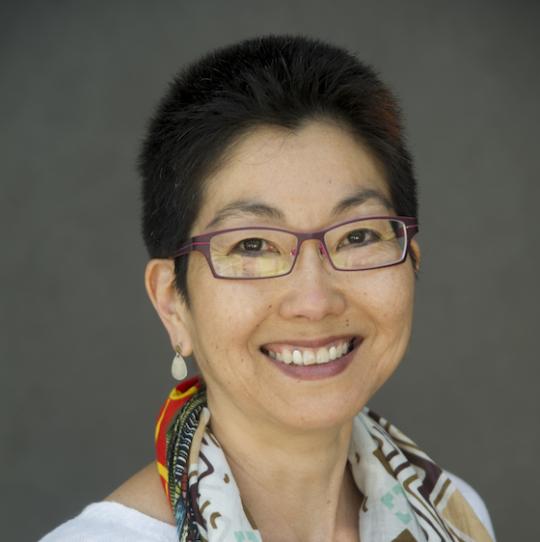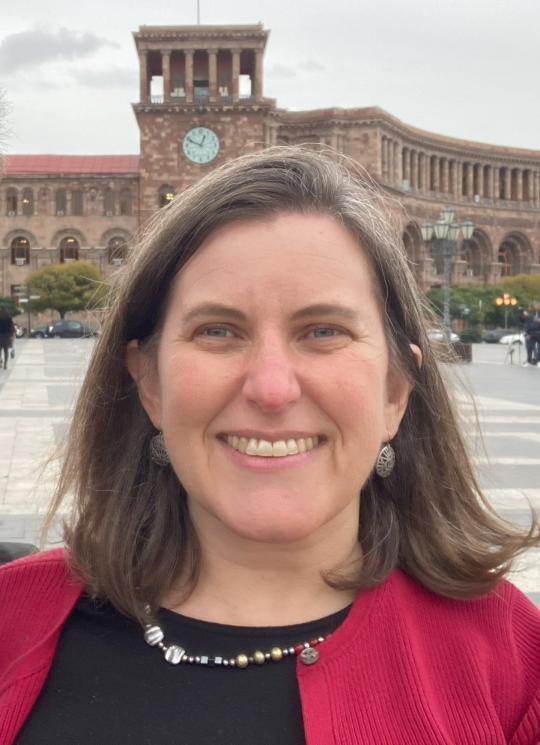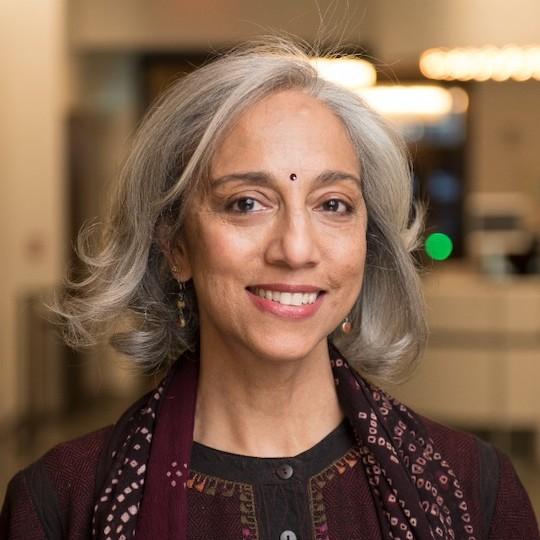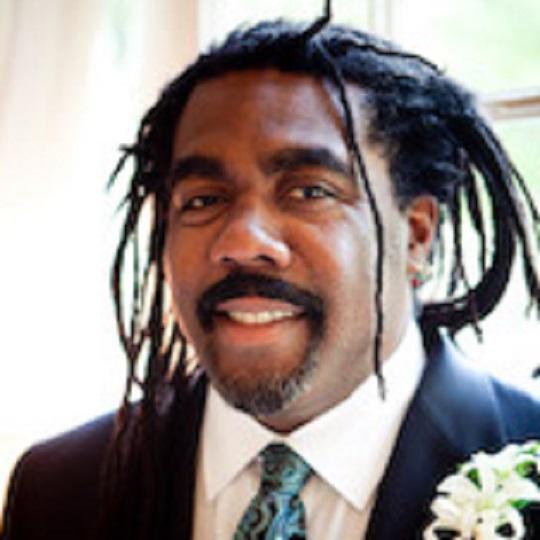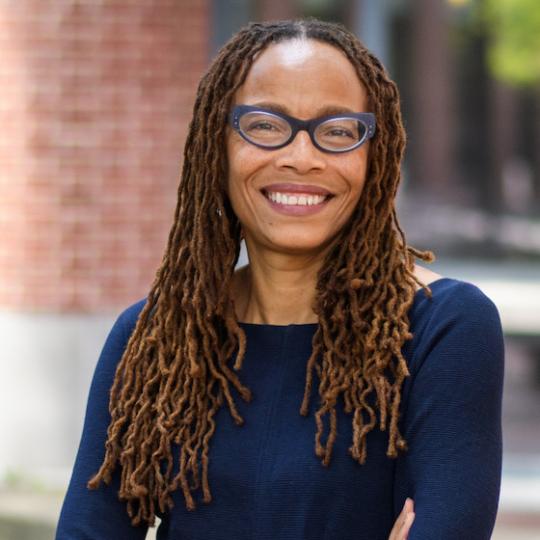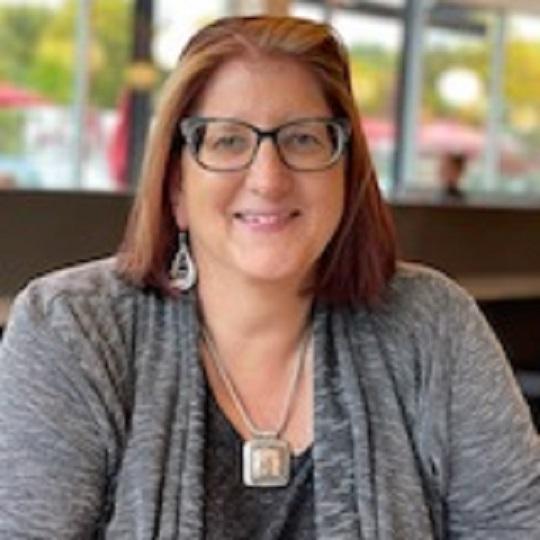Francine Coeytaux is a public health specialist known for her work on comprehensive reproductive health services, abortion, and new reproductive technologies. She is co-founder and co-director of Plan C, which is transforming access to abortion in the US by normalizing the self-directed option of abortion pills by mail. She helped found the Pacific Institute for Women’s Health, the Reproductive Health Technologies Project, and the Pro-Choice Alliance for Responsible Research. She has consulted for many organizations including the World Health Organization, International Planned Parenthood Federation, the World Bank, and the Compton Foundation. She has also served on the boards of several public interest organizations and on the State of California's Advisory Committee on Human Cloning. She is the recipient of the 2010 Felicia Stewart Award for Lifetime Achievement in Emergency Contraception, the 2011 Carl S. Shultz Award for Lifetime Achievement, and the 2013 Ruth Roemer Social Justice Leadership Award.
Lisa C. Ikemoto is Martin Luther King, Jr. Professor of Law, University of California-Davis School of Law. She has faculty affiliations with the Aoki Center for Race and Nation Studies, the Feminist Research Institute, the Religious Studies Department, and the MPH Program at UC Davis. She also serves as a Research Fellow at the Center for Genetics and Society. She is a legal scholar whose work is grounded in her community commitments. Her primary research areas include bioethics, reproductive justice, and health care inequality. She uses critical race feminism and interdisciplinary approaches to surface the ways in which race, sexual orientation, gender identity, disability, and immigration status shape technology use and health care delivery. She has particular interests in reproductive rights and justice, reprogenetic technologies, and markets in human cells and tissues.
Jessica Lehman is a disability activist and community organizer, focused on bringing together disabled people and building connections between marginalized communities. As Executive Director of Senior and Disability Action from 2012 to 2023, Jessica mobilized seniors and disabled people to fight for justice, and led coalitions to win home care, rental subsidies, and free bus service. In her current work as a disability and aging consultant, Jessica facilitates transitions from nursing homes to the community, leads trainings on disability and ableism, and supports organizations on their disability programs. As a person with a disability who employs home attendants, Jessica supports domestic worker rights with Hand in Hand: the Domestic Employers Network. She leads Disability Organizers Forum calls to share ideas and experiences related to organizing disability communities. Jessica has had a long interest in the intersection of disability rights and genetic technologies. Through past work at Generations Ahead, an organization that brought diverse communities together to expand public debate on genetic technologies, she held a national convening of disability rights leaders to explore the impact of changing technologies.
Kavita N. Ramdas is a globally recognized advocate for gender equity and justice. She is an inspirational speaker and thought commentator on the challenges facing philanthropy and civil society as they seek to advance equitable and sustainable development and gender and racial equity. She currently provides high-level consulting advice and guidance on initiatives to defend democracy and protect human rights both within the US and across the globe. She recently completed a brief stint with a family foundation in the fall of 2021 after serving for three years as the Director of the Women’s Rights Program at the Open Society Foundations. During her time at OSF, the foundation made its largest ever investment in gender justice with a $100 million commitment to the Generation Equality Forum in July 2021. She is the founder of KNR Sisters, a consulting venture for social justice movements and philanthropy; and has served as Strategy Advisor for MADRE, an international women’s rights organization; at the Ford Foundation as both Senior Advisor on Global Strategy and Representative for India; and as President and CEO of the Global Fund for Women.
Milton Reynolds is an educator and activist in the San Francisco Bay Area. He is the founder of Milton Reynolds Consulting, where his work with school districts and other institutions focuses on pedagogies of inclusion, shared meaning-making, and engaging clients in systems change work rooted in critical historical exploration and illumination of patterns and processes of racialization. He currently serves as advisory board chair of the Paul K. Longmore Institute on Disability at San Francisco State University; as a board member of the California Council for the Social Studies and of California Trout; on the advisory board of GeneWatch UK; and on the advisory team of From Small Beginnings, an anti-eugenics project. He worked for nearly two decades as senior program associate with Facing History and Ourselves. He has also worked as a middle school teacher, diversity / communications consultant, youth counselor, and curriculum design specialist. He has served on the San Mateo Juvenile Justice and Delinquency Prevention Commission, and as Governing Board Chair for Literacy for Environmental Justice.
Dorothy E. Roberts is George A. Weiss University Professor; Raymond Pace and Sadie Tanner Mossell Alexander Professor of Civil Rights; and Professor, Departments of Africana Studies and Sociology and Penn Law, University of Pennsylvania. An internationally recognized scholar, public intellectual, and social justice advocate, she has written and lectured extensively on the interplay of gender, race, and class in legal issues and has been a leader in transforming public thinking and policy on reproductive health, child welfare, and bioethics. She is the author of several acclaimed books, including Killing the Black Body: Race, Reproduction, and the Meaning of Liberty (Pantheon, 1997) and Fatal Invention: How Science, Politics, and Big Business Re-create Race in the Twenty-first Century (The New Press, 2012). Her most recent book is Torn Apart: How the Child Welfare System Destroys Black Families – and How Abolition Can Build a Safer World (Basic Books, 2022). She serves on the boards of the Juvenile Law Center, the National Coalition for Child Protection Reform, and the Center for Genetics and Society.
Alexandra Minna Stern is Dean of the Division of Humanities, and Professor of English, at the University of California, Los Angeles. She is founder and co-director of the Sterilization and Social Justice Lab, an interdisciplinary research team that explores the history of eugenic sterilization in the US. Her research is guided by commitments to reproductive, racial and disability justice; it has focused on the history of eugenics, genetics, society, and justice in the United States and Latin America, and, most recently, on the cultures and ideologies of the far right and white nationalism. Books she has authored include Telling Genes: The Story of Genetic Counseling in America (Johns Hopkins University Press, 2012), Eugenic Nation: Faults and Frontiers of Better Breeding in Modern America (University of California Press, second edition 2015), and Proud Boys and the White Ethnostate: How the Alt-Right is Warping the American Imagination (Beacon Press, 2019).




